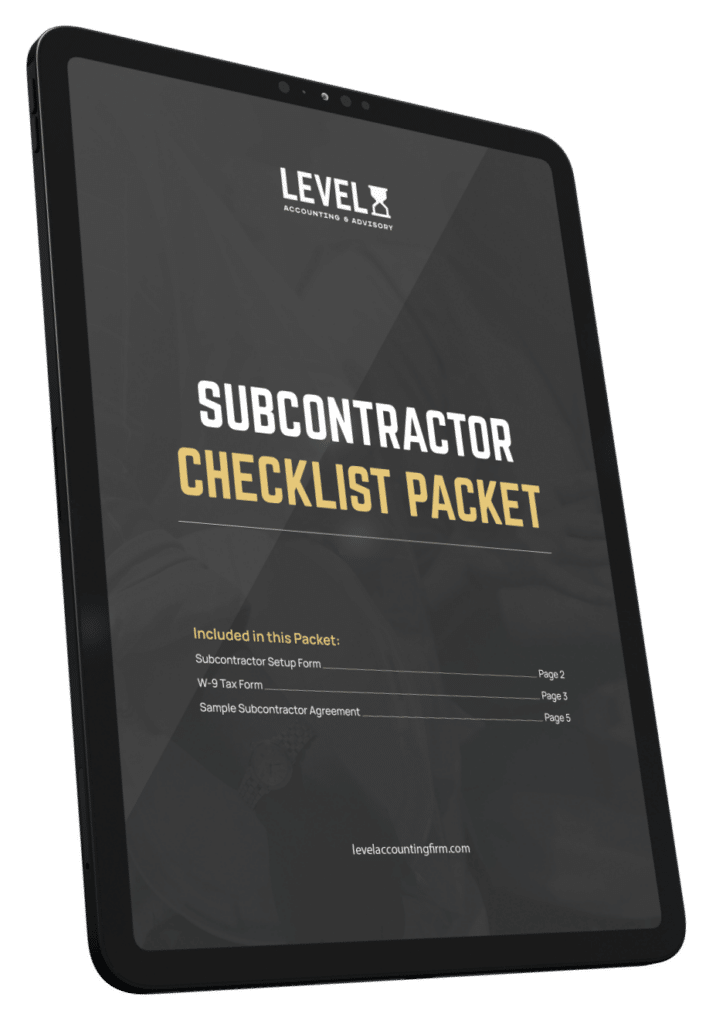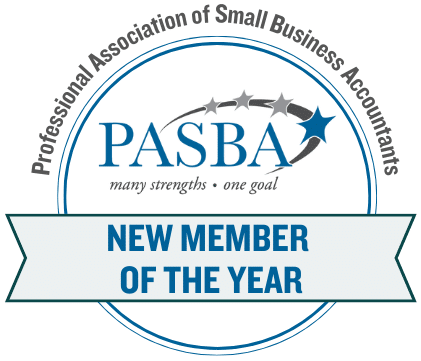Creating a Small Business Budget for 2022
Establishing a budget for your small business is one of the most important steps you can take to start the year right. Budgeting allows you to plan for revenues, expenses, and profits for the upcoming year. It’s a crucial component of financial planning and it can help you to stay on track for your goals.
Budgeting can seem like a tedious task for business owners, but it is absolutely necessary if you want to make better financial decisions for your company. To grow your business and take it to the next level, budgeting is definitely not something you want to ignore.
There are a few things you should know in order to properly set your budget for the upcoming year.
How Budgeting Works for a Business
A budget is a detailed plan that indicates how you are going to spend your money in a given period of time. Good business budget management allows you to determine the revenues that will be necessary to cover your monthly expenses and how much of that money you will be able to reinvest into the company.
It also helps you get a pretty good estimate of when you will have the financial capacity to hire more employees and scale your business!
In a nutshell, budgeting provides the opportunity to do three main things:
– Forecast upcoming revenues
– Plan where to allocate those revenues
– Observe the difference between expectations and reality
Every dollar counts. Without creating a budget, you’ll miss out on the opportunity to improve the way that you manage your finances. Cut unnecessary costs and inject those funds into profit-generating activities.
How to Create a Budget
Budgeting can be harder in the early stages of a business since there is no real history of financial data. It’s the only time where you really just have to estimate the numbers the best you can so you have a baseline.
Later on, you’ll have data accumulated from the year prior. Here are the steps to take in order to create your budget for 2022.
1. Identify Your Sources of Revenue
Start by identifying your different sources of income and adding them up to get a total amount for the year. It’s not a bad idea to underestimate your sales and over-estimate your costs to prepare for unexpected events.
2. Determine Your Fixed Costs
Fixed costs are expenses that do not change from one month to the next. They stay the same throughout the year. Your rent, payroll, and insurances are all examples of fixed expenses to take into account when budgeting.
3. Calculate Your Variable Costs
Variable costs, as their name suggests, may change depending on the number of sales you make. For example, sales commissions, packaging costs, shipping costs, and more might be included in this category.
4. Plan for Unique Expenses
Unique expenses are expenses that are not recurring. For example, buying furniture for your office, new computers, software, etc. This can also take into account unexpected repairs or replacements for systems.
5. Put It All Together
Once you have your projected revenues, fixed costs, variable costs, and unique expenses, it’s time to put it all together. You can determine your projected profit based on those numbers.
To track progress, you’ll want to compare your actual data with your projections. Without proper bookkeeping to make accurate comparisons, you won’t stay on track to meet your financial goals.
Need Help from Experienced Accounting Professionals?
If you want to properly budget for the year and keep your books in order to stay on track with your goals, Stratlign is here to help! We provide financial services, along with business growth consulting and planning to help you take your business to the next level. Call us today to schedule an appointment!

